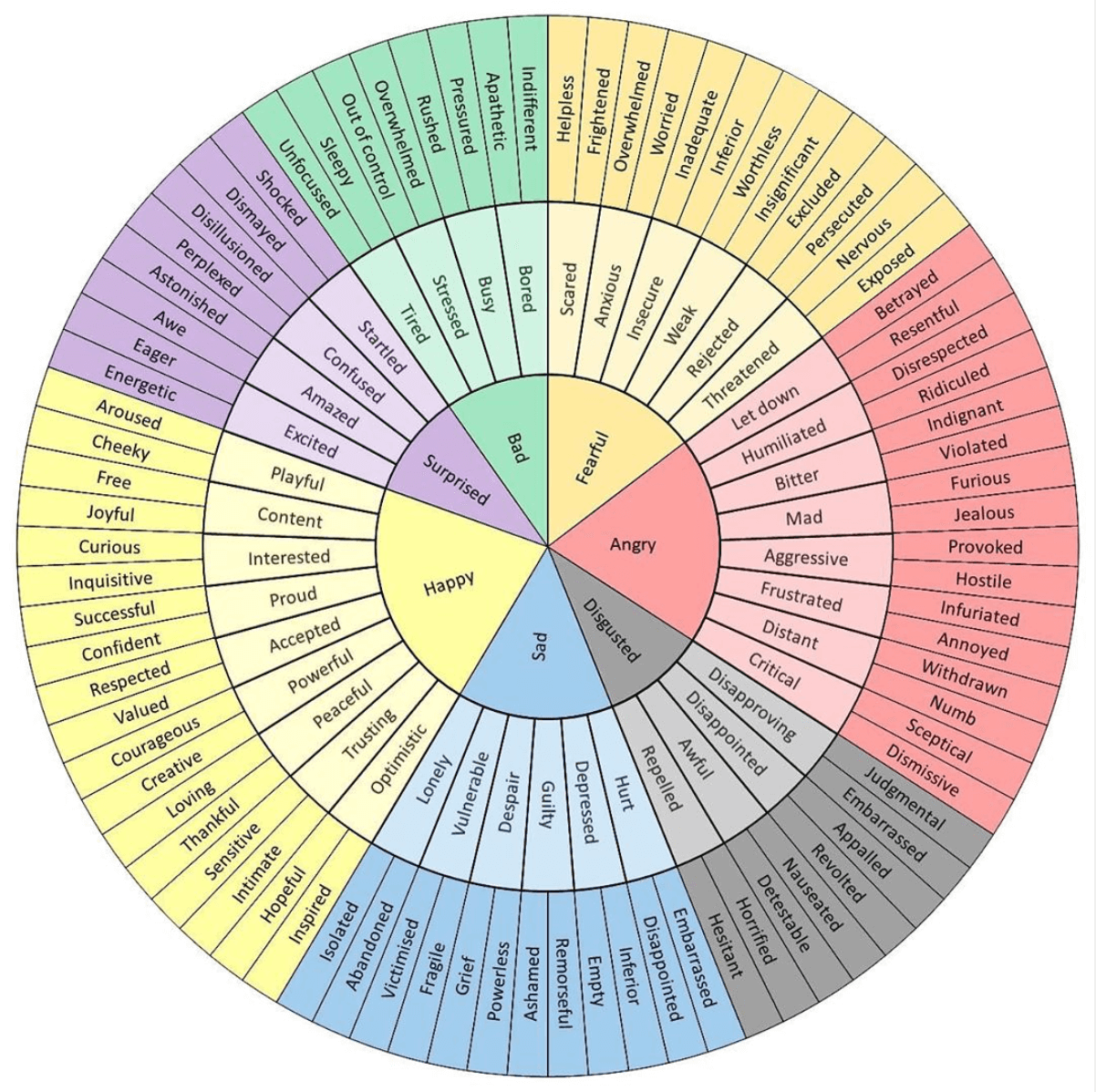Master your emotional and mental state
How a weekly check-in can lead to greater self-mastery and freedom
They say insanity is doing the same thing over and over again but expecting different results. When we keep going, week after week, with the same approaches, the same habits the same problems and the same attempts at a solution, it gets absolutely draining.
Like Sisyphus, cursed to roll a heavy stone up a mountain, only to have it roll back down again for all of eternity, the frustration of repeating the same situations with no solutions in sight can suck the energy and motivation out of us.
One of the ways we approach this problem is through check-ins.
Every week at Clevertech we do a check-in.
We ask each person to pause and check in and evaluate what they are feeling and journal about the week.
What’s the point?
In order to create a new future or find a new path, we need to interrupt our cyclical efforts and begin to engage with curiosity.
When we are invited to pause once a week and sit with some journal prompts it’s an opportunity to take a look around.
What do I actually feel?
What did I do this week?
What were my wins?
What could have been better?
What support do I need moving forward?
These simple check in questions breathe fresh air into our stalemate and give us the opportunity to break the cycle.
Why use a feelings wheel?
Until we give something a name, it’s formless. It’s there, we can feel it, but it has no edges. We aren’t quite sure what we are working with and we can’t do much about it.
The feelings wheel starts with primary emotions and fans out to secondary and tertiary emotions and helps us name what is going on inside. Just like a map is useless until you know where you are on it, improving our emotional state is not possible until we identify our starting point.
Better together
Naming our emotional state also allows us to share more accurately with others.
When we identify what we are feeling, we can begin to create a map forwards, ask for help and get to the bottom of what might be causing our frustrations and unhelpful patterns.
Seeing patterns
Pattern recognition is essential in software development, but it’s also essential in managing our mental and emotional states.
When we habitually do check-ins we begin to see trends. We can identify what impacts our moods. We can notice if there is a pattern emerging and all of these data points help us to be more proactive rather than reactive.
Take the reins
If you are finding yourself hitting the same loop of emotions and frustrations over and over again. If work or life is feeling a bit stale. It is up to you to interrupt the pattern. It is up to you to notice, check-in, ask for support and create a new future.
This skill is called self-mastery.
Next week we will look at some simple habits that can layer over a weekly check-in to continue to allow yourself to become a more skillful master of your mental and emotional state.
Take a pause and reflect
What does self-mastery mean to you?
How do you know you are improving in this skill?






Great insights, Vanessa! Journaling is a great way to discover patterns. I don't write a journal, only a Todo-list, but the same can be observed. I see a pattern in tasks I keep pushing to the next day.
And you're 💯 right. We choose to be productive, fast, happy, lazy, you name it.
ps.: The name Clevertech was familiar to me, and I quickly searched my emails and saw we wanted to work together around 2016. They seemed like a great company, and I am glad they continue in this direction and care about their people. 🤝